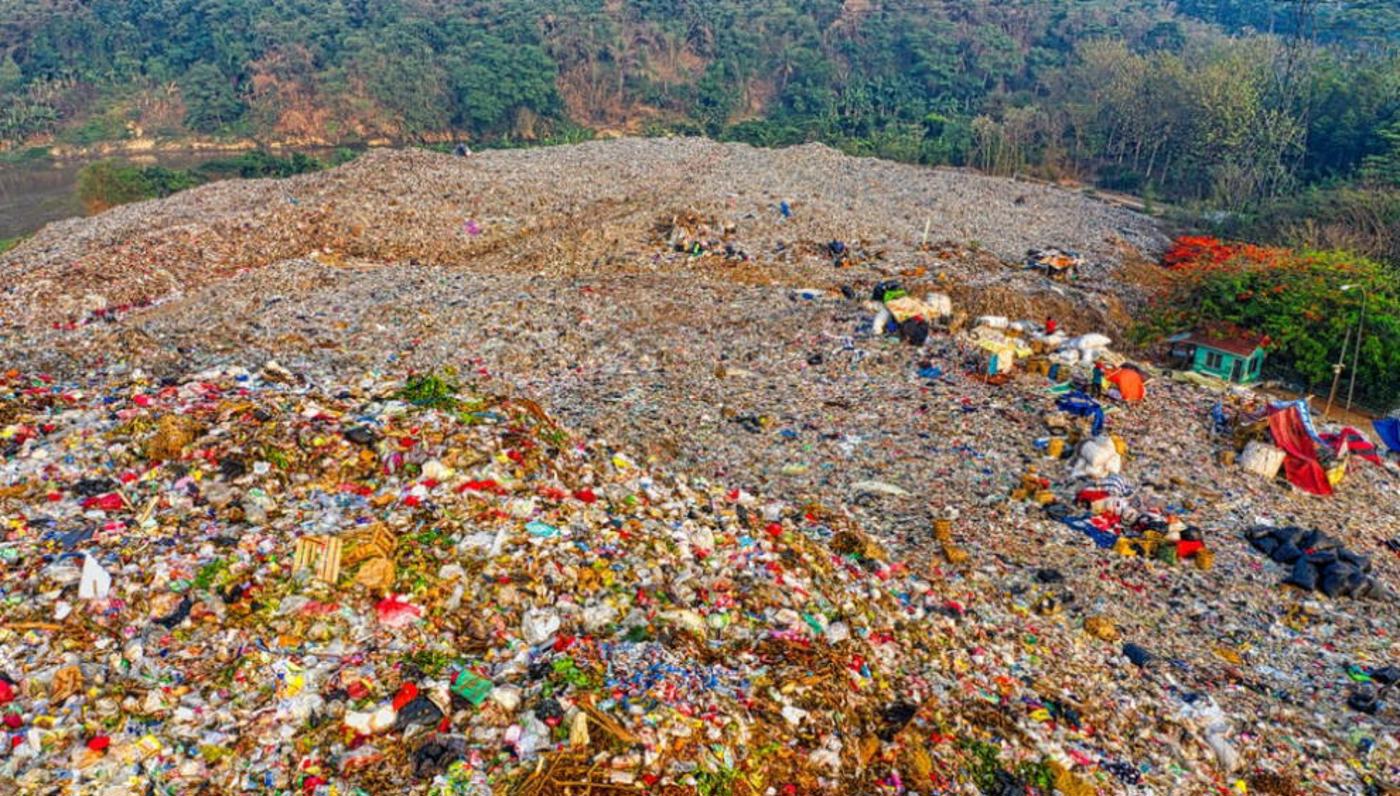
Project reference
15-0023-103-PHL-CircEco-for
Contract duration
2021
Budget
354,650
Countries
Philippines
Keywords
Environment, Industry & private sector development
Identification and Formulation of a National Support Project on Green Economic Recovery through an Integrated Circular Economy Approach for the Philippines
General Objective: Ensure that application of Circular Economy principles and practices in the Philippines are strengthened and embedded as part of the national strategy for post-Covid green economic recovery.
Specific Objective: Identification and formulation of a national support project steered by private sector and supervised by Government implementing Circular Economy approaches for improved plastic waste management with jobs creation, environment safeguard and climate change response co-benefits.
Tasks:
Specific Objective: Identification and formulation of a national support project steered by private sector and supervised by Government implementing Circular Economy approaches for improved plastic waste management with jobs creation, environment safeguard and climate change response co-benefits.
Tasks:
- In alignment with the provisions of the EU Circular Economy Action Plan and EU Plastic Strategy identify and formulate an industry-led and Government-steered national project for the Philippines addressing niche areas of comparative advantage for the EU to lead and be transformative in the area of plastic waste management and marine litter. The project focussed on promoting the enhancement of sustainability in the plastics supply chain and the reduction of its environmental and carbon footprint, the development of appropriate substitutions to single use plastics, job creation, and the advancement of Extended Producer Responsibility.
- The project proposed methods, investments and approaches to contribute to an improved waste management according to national climate change mitigation and adaptation targets underscored in the Philippine Nationally Determined Contribution (NDC). It took a synergetic approach to green recovery through policy support and improved waste management infrastructures, resources, enabling strategies, plans and procedures. This was linked to the broader mitigation and adaptation agenda of the Government, including through targeted policy support and capacity building.
- The project incorporated an active and comprehensive role of Civil Society, representing all segments of society in appropriate areas of engagement (e.g. awareness raising and educational initiatives, recycling, media campaigns etc.) In this context the needs of a comprehensive range of vulnerable groups, including women, children and youth, people with disabilities, indigenous people etc. were taken into consideration.
- The project secured the involvement of the Philippine Department of Environment and Natural Resources (DENR) as well as other key Government departments and facilitated a dialogue with selected EU regional Delegations.
- The availability of EU funds were modest with respect to the scale required for the intervention to be truly transformative. For this reason, a strategic approach leveraging EU funds to mobilise larger blending financing from selected E-IFIs was sought.
- Beyond co-funding of specific activities the project took stock and aligned with planned activities under the EU Team Europe Initiative (EU TEI) for the Philippines and the EU TEI for ASEAN. In addition, synergy with relevant initiatives spearheaded by EU MS and other strategic development partners in the Philippines (e.g. World Bank, Asian Development Bank and the UNDP) were included in a close dialogue.
Partners
Particip (Lead), CAPA EEIG (managed by Particip), EMI (formerly: Cardno Belgium), Expertise Advisors (formerly: ETI Consulting)